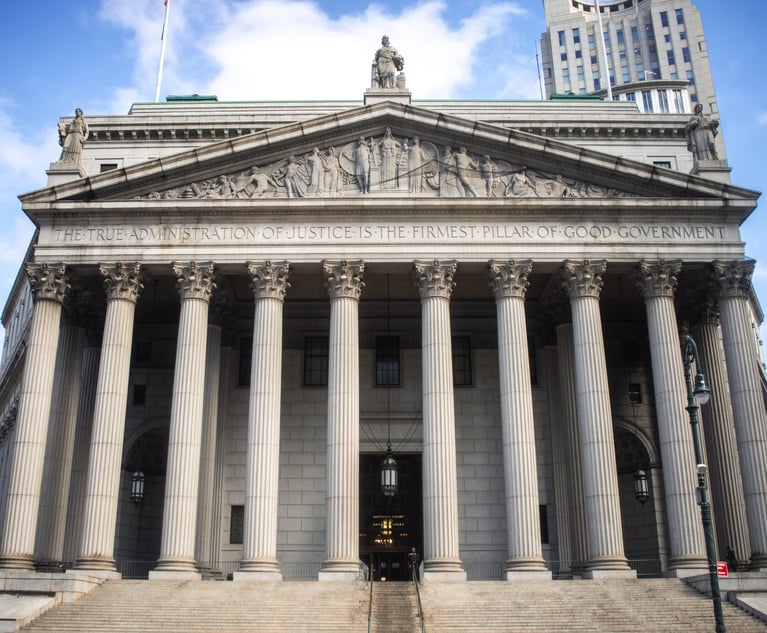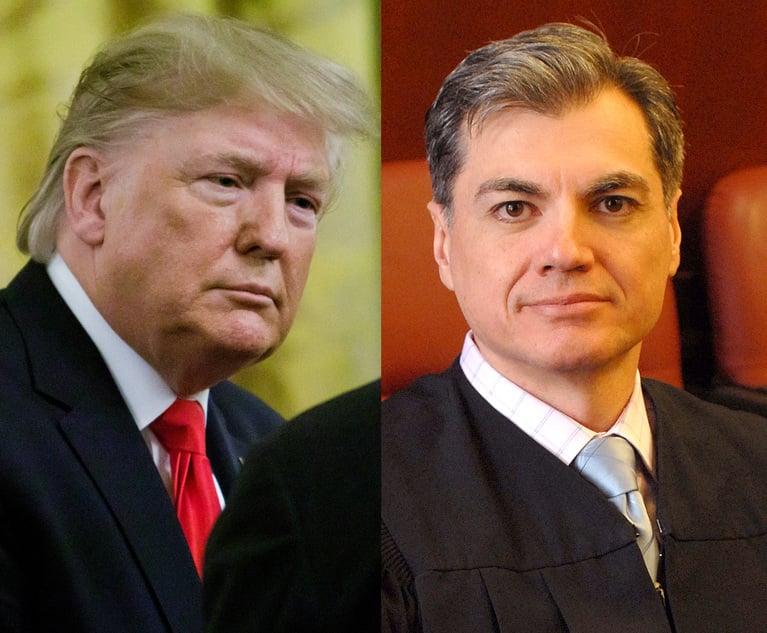Manhattan prosecutors’ discovery disclosures in the criminal case against Steve Bannon have become so cumbersome that his lawyer claimed in a recently unsealed transcript he may be forced to withdraw from the case, should the pattern continue.
“For our ethical obligations, we would have to withdraw from this case if it continued like that,” defense attorney David Schoen said of current production practices during a Nov. 18 hearing. “We simply cannot provide effective assistance of counsel under these circumstances.”
The comment came as Schoen decried the amount of evidence—described by prosecutors as “the size of two Library of Congress print collections”—and a protective order that he felt gagged him from communicating key information to his client.
Schoen also levied complaints the office was designating everything they produced as protected, forcing the onus onto his team to flag documents they’d like to exempt. The scope of the protective order was not clear, as the transcript was partially redacted.
“We’re seeing here not only a discovery dump, but a discovery dump as protective materials,” he told Manhattan Supreme Court Justice Juan Merchan. “Mr. Bannon is the only person that I’m aware of, at least, that can really help in this case, and it’s Mr. Bannon’s life and liberty at stake in this case. We can see no showing why he should be excluded.”
Bannon is facing state charges of money laundering and conspiracy as part of an alleged border-wall fundraising scam called “We Built the Wall.” Manhattan District Attorney Alvin Bragg charged Bannon after former President Trump pardoned his former strategist during an attempted federal prosecution for similar claims.
Prosecutor Daniel Passeser said his office was complying with obligations to the best of their ability.
“To the extent we can make this a more readable and useable format for the defense, we have done so,” Passeser told the court. “I want to mention that every discovery we made in this case, it’s been accompanied by Table of Contents, which itemizes where it’s contained, what bates numbers are associated with that, so that helps the defense navigate the production in terms of looking for a specific thing.”
State prosecutors are also expecting an influx in discovery from their federal counterparts at the U.S. Attorney’s Office for the Southern District of New York, Passeser said, following the conviction of Bannon associate Timothy Shea in October.
Merchan ruled that defense counsel could share information they learned with their client, but not disclose the provenance of the information.
He then instructed the parties to determine a new schedule discovery moving forward that worked for both sides.
Bannon is scheduled to return to court in September 2023.








